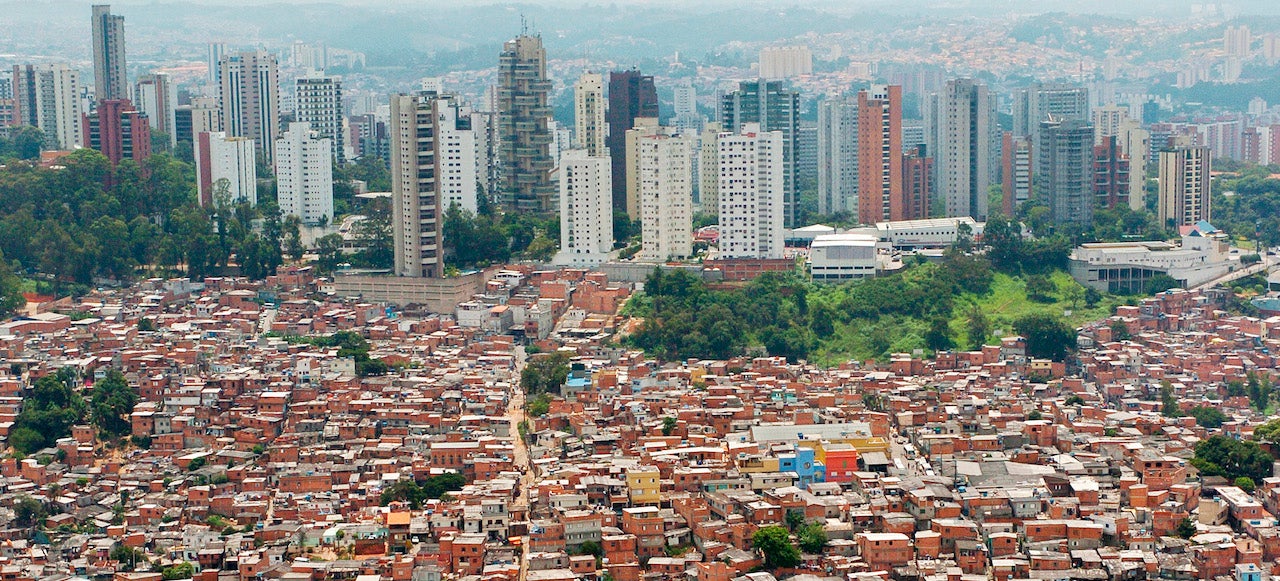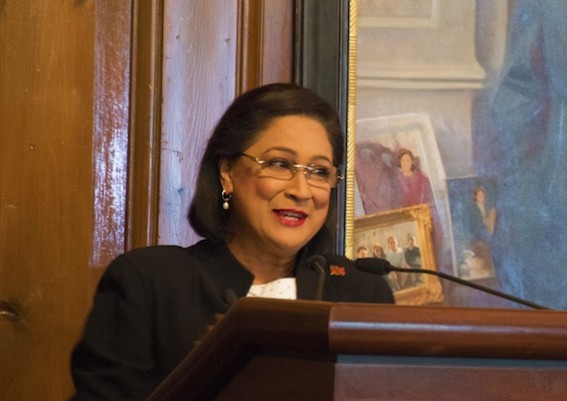Google And Microsoft Are Mapping Favelas So They Can Sell Things There
ALISSA WALKERYESTERDAY 8:00 PM
Share 9 Discuss
The twisting sidewalks and dizzying density of Brazil’s favelas might deter most outsiders from navigating these crowded inner-city neighbourhoods, which informally house about 1.5 million of the country’s residents. Yet in the last few months, both Google and Microsoft have both been seen mapping their narrow streets and dirt paths.
According to the Wall Street Journal, both companies have recently launched concerted efforts to accurately map these sprawling communities. But before you think this is some kind of goodwill effort to represent the people of this world more fairly, consider this fact that Google released, per the Journal: Although the areas had almost uniformly been seen as places of extreme poverty, now 85 per cent of favela residents have mobile phones.
Google and Microsoft want to map these areas so they can figure out how to market to the people who live there. Knowing exactly where people live allows Google to sell specific, geotargeted advertising. Local businesses can then be mapped, which means their owners can be tapped to market their services online. And there will also now be a way to track buying habits and internet usage with bit more geographic preciseness.

Vidigal, a favela in Rio de Janeiro, now is represented on Google Maps, although no Street View yet.
Before the tech giants decided to capitalise on Brazil’s favelas, there had been other, less commercialized efforts to properly map these neighborhoods, which are informing the Microsoft and Google invasion. A nonprofit called
Redes da Mare fought to get the favela of Mare properly represented on Rio de Janerio maps, with street names, addresses, and zip codes. Microsoft is working with this group to make sure their maps match the way locals think of their community, a smart move. Google meanwhile is recruiting local volunteers using its MapMaker app to photograph and plot businesses on its maps. Some streets and passageways don’t have official names, so meetings have been held so residents can vote to name them.
As you can see from the Google Maps example above, the blanks in Vidigal, Rio de Janeiro are starting to be filled in with some street names and even pedestrian walkways connecting different corners of the community. Given the ever-changing nature of a favela — with no development codes, people could easily reroute a street or remove a building at their whim — keeping these neighbourhoods up-to-date will surely keep mapmakers on their toes. But if it means reaching a growing potential audience, I’m sure they will figure out how to make it work. [WSJ]
Picture: Brazil’s Favela Morumbi, photo by Alexandre Meneghini/AP
ALISSA WALKERYESTERDAY 8:00 PM
Share 9 Discuss

The twisting sidewalks and dizzying density of Brazil’s favelas might deter most outsiders from navigating these crowded inner-city neighbourhoods, which informally house about 1.5 million of the country’s residents. Yet in the last few months, both Google and Microsoft have both been seen mapping their narrow streets and dirt paths.
According to the Wall Street Journal, both companies have recently launched concerted efforts to accurately map these sprawling communities. But before you think this is some kind of goodwill effort to represent the people of this world more fairly, consider this fact that Google released, per the Journal: Although the areas had almost uniformly been seen as places of extreme poverty, now 85 per cent of favela residents have mobile phones.
Google and Microsoft want to map these areas so they can figure out how to market to the people who live there. Knowing exactly where people live allows Google to sell specific, geotargeted advertising. Local businesses can then be mapped, which means their owners can be tapped to market their services online. And there will also now be a way to track buying habits and internet usage with bit more geographic preciseness.

Vidigal, a favela in Rio de Janeiro, now is represented on Google Maps, although no Street View yet.
Before the tech giants decided to capitalise on Brazil’s favelas, there had been other, less commercialized efforts to properly map these neighborhoods, which are informing the Microsoft and Google invasion. A nonprofit called
Redes da Mare fought to get the favela of Mare properly represented on Rio de Janerio maps, with street names, addresses, and zip codes. Microsoft is working with this group to make sure their maps match the way locals think of their community, a smart move. Google meanwhile is recruiting local volunteers using its MapMaker app to photograph and plot businesses on its maps. Some streets and passageways don’t have official names, so meetings have been held so residents can vote to name them.
As you can see from the Google Maps example above, the blanks in Vidigal, Rio de Janeiro are starting to be filled in with some street names and even pedestrian walkways connecting different corners of the community. Given the ever-changing nature of a favela — with no development codes, people could easily reroute a street or remove a building at their whim — keeping these neighbourhoods up-to-date will surely keep mapmakers on their toes. But if it means reaching a growing potential audience, I’m sure they will figure out how to make it work. [WSJ]
Picture: Brazil’s Favela Morumbi, photo by Alexandre Meneghini/AP


















